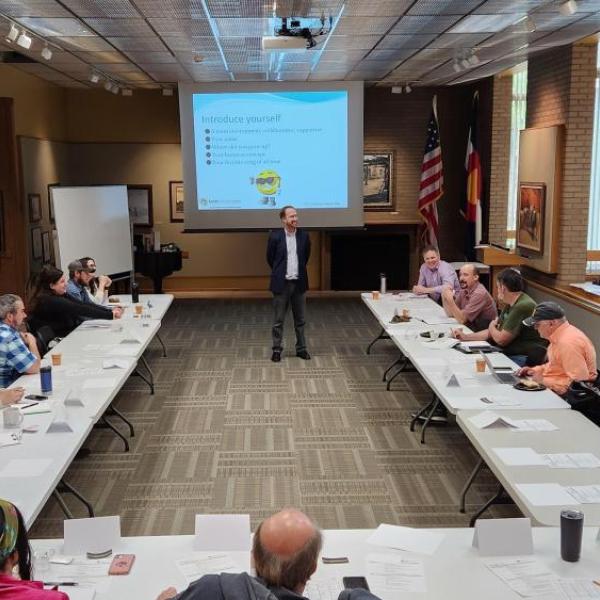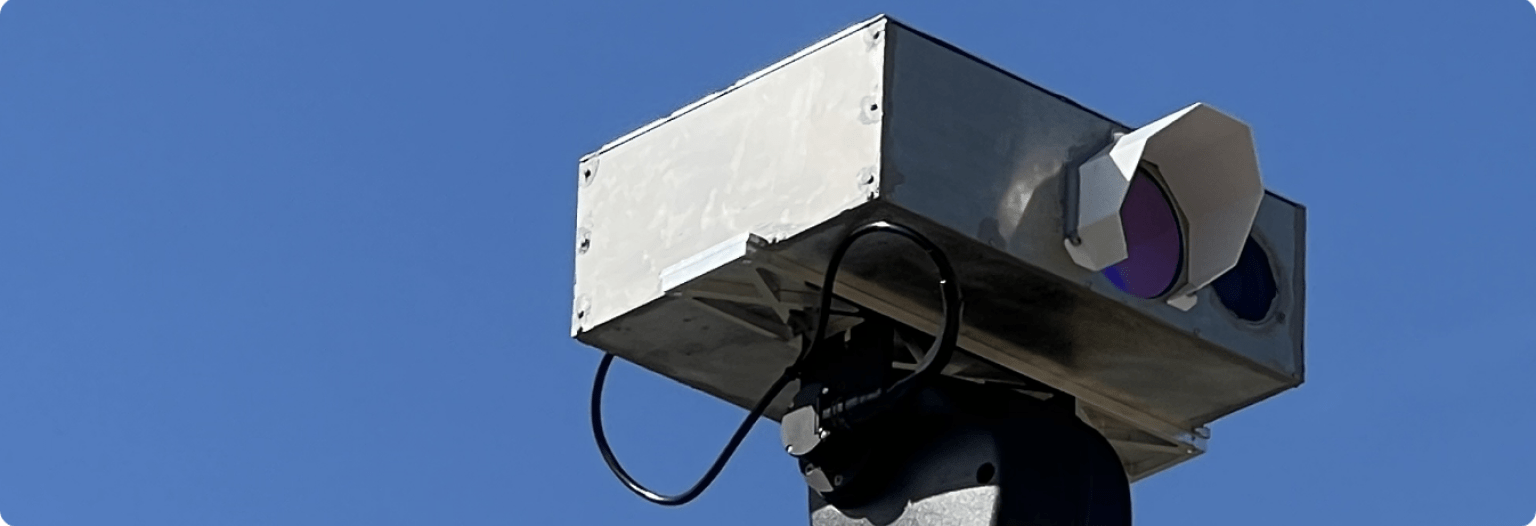
Dear Latrice,
We also love...
Dottie | Pueblo, CO
That's why we're developing tools to accurately measure methane emissions from livestock and detect leaks from industry faster.
Campus Location

LongPath Technologies, a startup spun out of CU Boulder’s Venture Partners program, has developed a groundbreaking system that detects methane leaks in real time from both oil and gas operations and livestock.
In 2013, Greg Rieker, a CU Boulder professor, had a breakthrough while using lasers to measure gases at the National Institute of Standards and Technology (NIST). He developed technology that could accurately measure gas concentrations over long distances, or a "long path." Rieker, along with LongPath’s other founders—including Caroline Alden, Sean Coburn, and Robert Wright—played key roles in bringing this innovative system to life.
Rieker joined CU Boulder and, with NIST’s help, responded to a Department of Energy call for ways to monitor methane leaks. Close collaboration between CU Boulder engineers and NIST physicists was key. “We were able to work together in a really unique way to think about the LongPath system as a sensor,” Rieker said.
LongPath’s laser technology is based on frequency comb lasers developed in the 1990s by Nobel laureate Jan Hall of CU Boulder. Originally used to measure atomic energy transitions, these lasers now help reduce methane emissions across 23 sites covering 300,000 acres in Texas, New Mexico, Oklahoma, and Colorado.
LongPath’s technology is making a significant difference. By detecting leaks that need patching, the system offers a triple win: saving the industry between $820 million and $980 million per year, improving air quality, and enhancing public health. Now live at oil and gas operations across several states, LongPath’s system saves an estimated 40 to 80 million cubic feet of methane annually at each site.

